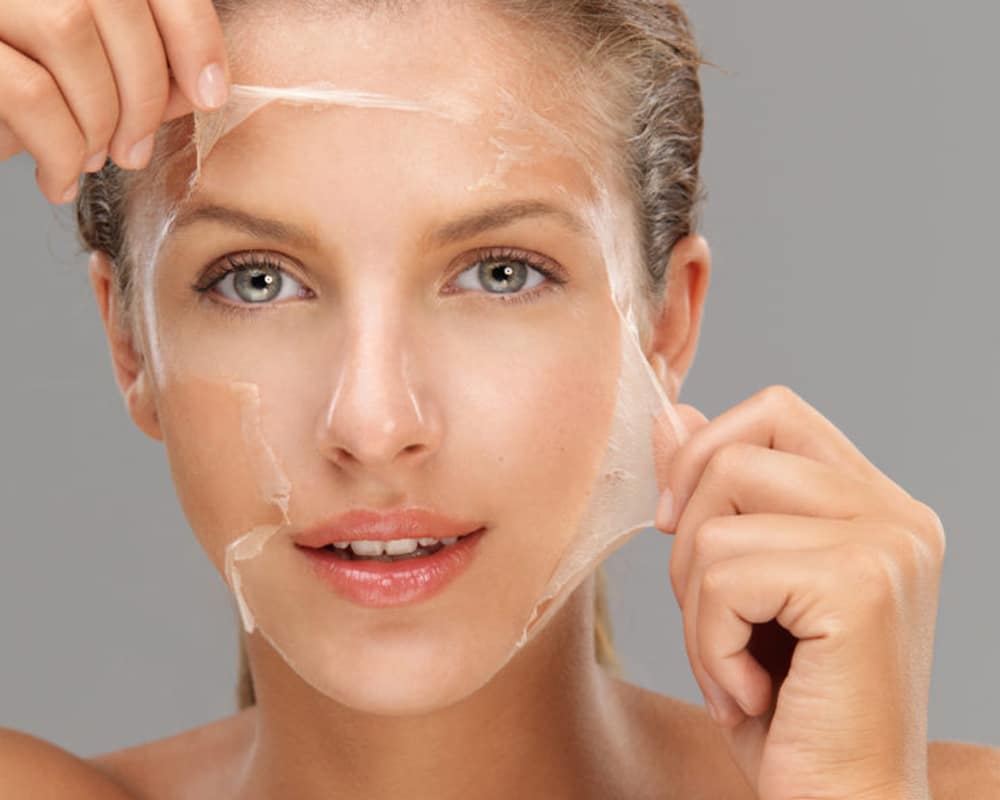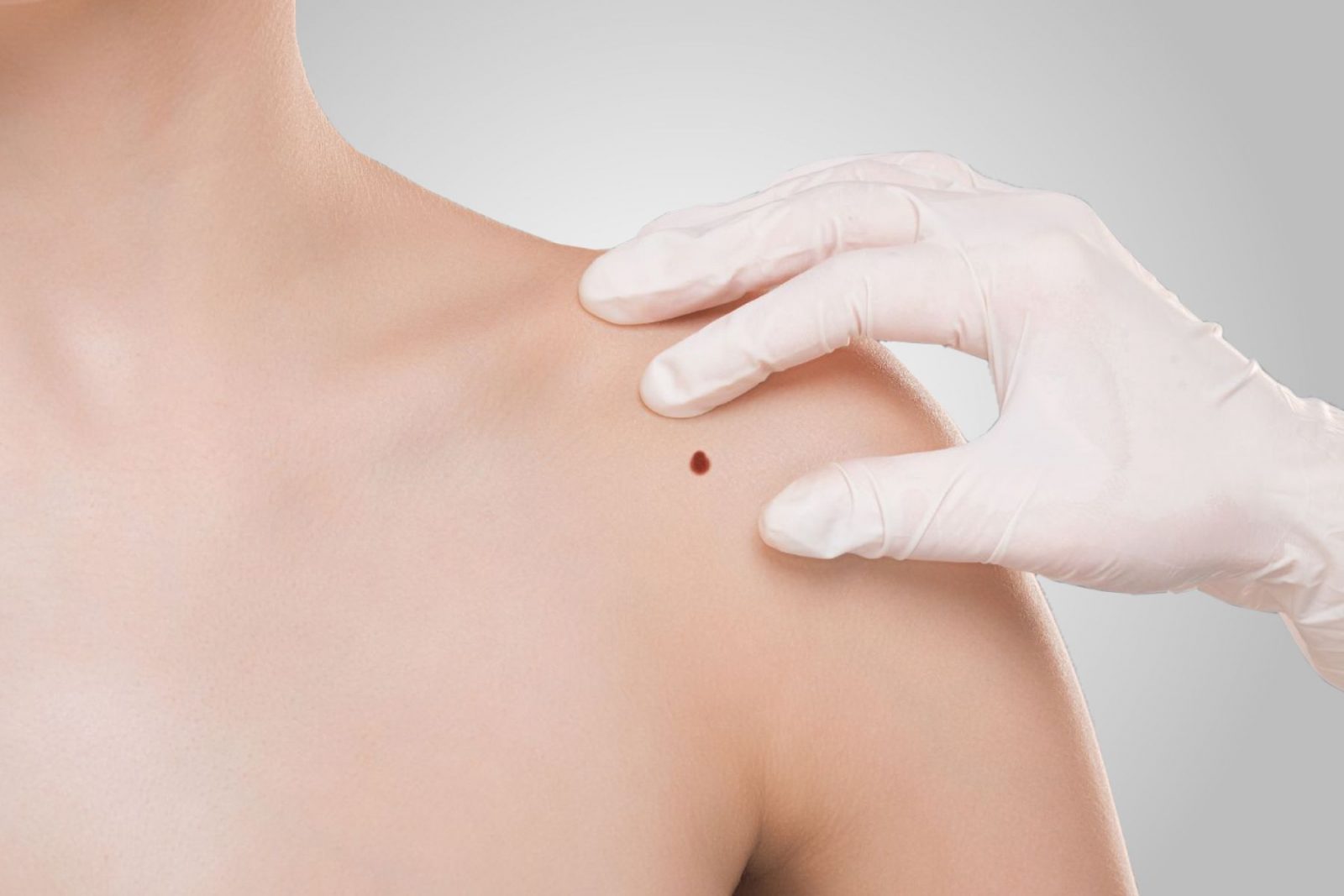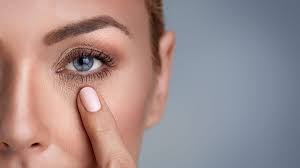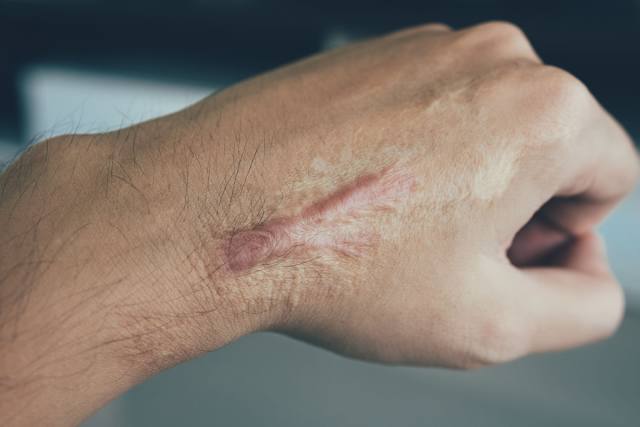Chemical Peels for Anti-Aging: What Makes Them So Effective?

Strong 8k brings an ultra-HD IPTV experience to your living room and your pocket.
Chemical Peels in Dubai have become a popular cosmetic procedure for rejuvenating the skin and combating the signs of aging. By removing the top layers of damaged skin, these treatments can significantly improve skin texture, tone, and overall appearance. Let's delve into the science behind chemical peels and how they can effectively address anti-aging concerns.
How Chemical Peels Work for Anti-Aging
Chemical peels work by exfoliating the skin and stimulating the production of collagen, a protein essential for skin elasticity and firmness. This process can help:
Reduce Wrinkles and Fine Lines: By removing the top layer of skin, chemical peels can minimize the appearance of fine lines and wrinkles, particularly around the eyes and mouth.
Improve Skin Texture: Chemical peels can help smooth out rough, uneven skin texture, leaving your skin feeling soft and supple.
Even Skin Tone: These treatments can help fade age spots, sun damage, and hyperpigmentation, resulting in a more even skin tone.
Boost Collagen Production: Chemical peels stimulate collagen production, which can help improve skin elasticity and firmness.
Types of Chemical Peels for Anti-Aging
Superficial Peels:
Target: Outermost layer of the skin (epidermis)
Benefits: Treat mild skin concerns like sun damage, fine lines, and acne.
Common Agents: Alpha hydroxy acids (AHAs) such as glycolic acid and lactic acid.
Medium-Depth Peels:
Target: Upper layer of the dermis
Benefits: Treat moderate skin issues like deeper wrinkles, sun damage, and acne scars.
Common Agent: Trichloroacetic acid (TCA)
Deep Peels:
Target: Deeper layers of the dermis
Benefits: Treat severe skin damage like deep wrinkles and precancerous lesions.
Common Agent: Phenol
Choosing the Right Chemical Peel for Anti-Aging
The best type of chemical peel for you will depend on your specific skin concerns and goals. A qualified dermatologist can assess your skin condition and recommend the most suitable type of peel.
Potential Side Effects and Aftercare
While chemical peels are generally safe, they may cause some side effects, including:
Redness
Swelling
Dryness
Peeling
Increased Sun Sensitivity
To minimize side effects and maximize results, follow these aftercare tips:
Avoid Sun Exposure: Protect your skin from the sun by wearing sunscreen with a high SPF.
Gentle Cleansing: Use gentle cleansers to avoid irritating your skin.
Hydration: Keep your skin moisturized with a gentle, fragrance-free moisturizer.
Avoid Picking: Resist the urge to pick at peeling skin.
Follow Doctor's Instructions: Adhere to your doctor's specific aftercare recommendations.
Combining Chemical Peels with Other Treatments
To enhance the anti-aging benefits of chemical peels, consider combining them with other treatments, such as:
Botox: To relax facial muscles and reduce the appearance of wrinkles.
Dermal Fillers: To add volume to the skin and smooth out lines.
Laser Resurfacing: To target deeper wrinkles and scars.
FAQS
What is a chemical peel?
A chemical peel is a cosmetic procedure that involves applying a chemical solution to the skin to remove damaged outer layers. This process stimulates the growth of new skin cells, resulting in a smoother, more even-toned complexion.
What are the different types of chemical peels?
Chemical peels are categorized based on their depth of penetration into the skin:
Superficial Peels: Target the outermost layer of the skin (epidermis) and are ideal for mild skin concerns like sun damage, fine lines, and acne.
Medium-Depth Peels: Penetrate deeper into the skin, reaching the upper layer of the dermis. They are effective for treating moderate skin issues like deeper wrinkles, sun damage, and acne scars.
Deep Peels: Target the deeper layers of the dermis and are reserved for severe skin damage, such as deep wrinkles and precancerous lesions.
What are the benefits of chemical peels?
Improved skin texture
Reduced wrinkles and fine lines
Faded acne scars
Even skin tone
Boosted collagen production
Conclusion
Chemical peels can be an effective tool for combating the signs of aging. By understanding the different types of peels and consulting with a qualified dermatologist, you can make an informed decision about whether a chemical peel is right for you. Remember, patience is key, and consistent, well-timed treatments can lead to significant improvements in your skin's health and appearance.
Note: IndiBlogHub features both user-submitted and editorial content. We do not verify third-party contributions. Read our Disclaimer and Privacy Policyfor details.







